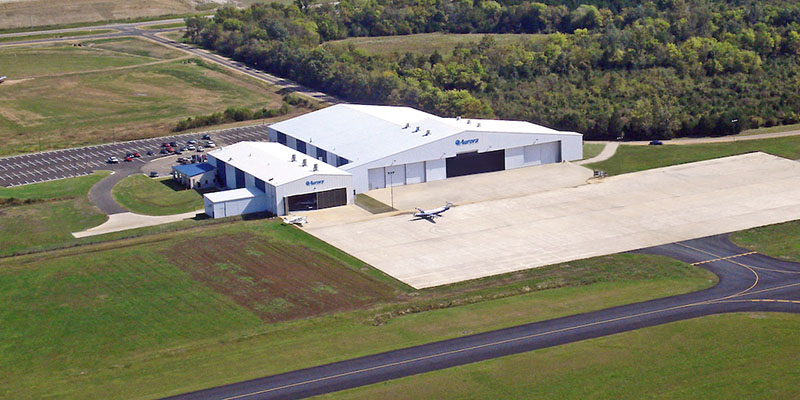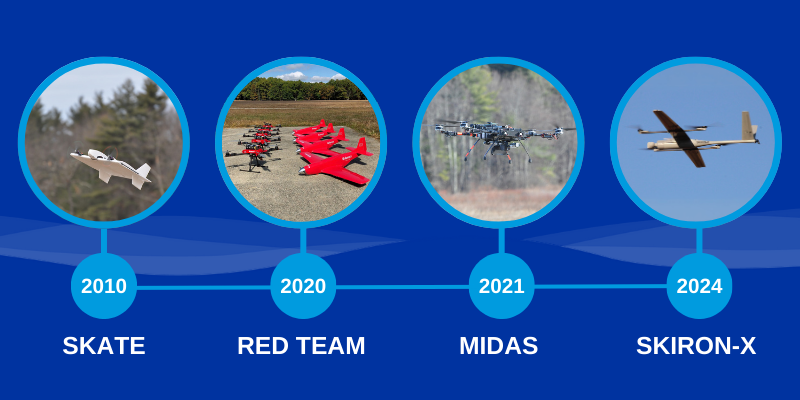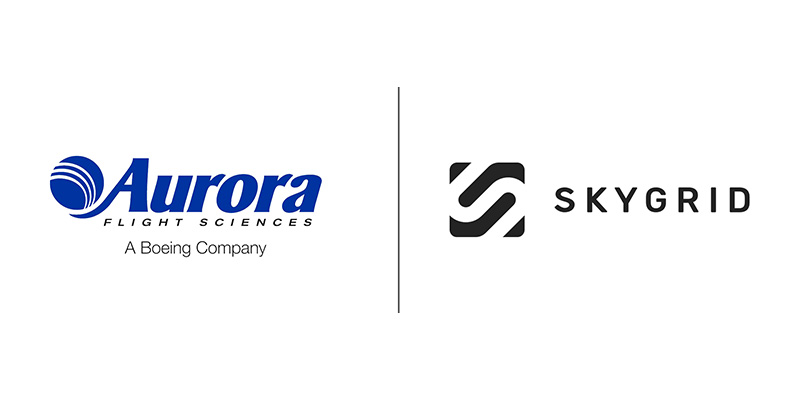For Immediate Release: Feb. 13, 2018
By Sierra Jones, Office of Naval Research
ARLINGTON, Va.—Every year, new technologies emerge that could change how individuals, companies and even military commands operate. For the Navy and Marine Corps, one of those technologies is the Autonomous Aerial Cargo/Utility System (AACUS)—an Office of Naval Research-led program that can make any rotary-wing aircraft capable of fully autonomous flight, and landing on an unprepared field.
The program is intended to help save lives by enabling autonomous resupply to Marines in the field, even in contested environments.
And on Feb. 5, the National Aeronautic Association (NAA) announced the program as one of its finalists for the 2017 Robert J. Collier Trophy, one of the top aviation awards in the world.
“We at ONR are very excited and proud of the AACUS team that was selected as a finalist for this very prestigious Collier Trophy. When you consider that previous winners include the Apollo 11 and the Boeing 747 teams, you realize what a truly outstanding achievement this is,” said Dr. Knox Millsaps, director of the division of Aerospace Sciences in ONR’s Naval Air Warfare and Weapons Department. “But our greatest sense of excitement and pride comes knowing we’ve provided a technology that could help the Marine Corps warfighter stay out of harm’s way during resupply missions.”
Being able to resupply Marines with the necessities—food, water, fuel, ammunition and medical supplies—is vital to warfighters on the front lines and in forward-operating bases. However, Marines can frequently find themselves under enemy fire, or as targets of improved explosive devices, which can make resupply missions difficult and dangerous.
That’s where AACUS comes in. AACUS is a package of sensors and software that can be integrated into any existing rotary-wing aircraft to provide autonomous capabilities, including flight, fight route, obstacle avoidance, approaches, landings and takeoffs.
AACUS was designed for simple use. With minimal training, and using an intuitive handheld tablet, the user can call up needed supplies very quickly.
That capability was on display in December 2017 when AACUS successfully completed its final demonstration—featuring a UH-1 “Huey” helicopter—at Marine Corps Base Quantico, Virginia. This demonstration allowed a Marine, with no prior experience, to program a resupply after only 15 minutes of training.
“AACUS gives revolutionary capability to our fleet and force,” said Dennis Baker, AACUS program manager. “It can be used as a pilot aid to operate in GPS- and communications-denied arenas, or allow fully autonomous flights in contested environments—keeping our pilots and crews out of harm’s way.”
And it’s that revolutionary capability that makes AACUS one of the finalists for the 2017 Collier Trophy, which since 1911 has been awarded annually to persons or programs that have made “the greatest achievement in aeronautics or astronautics in America, with respect to improving the performance, efficiency and safety of air or space vehicles.”
A partnership between the Office of Naval Research and technology company Aurora Flight Sciences, AACUS will transition to the Marine Corps for further experimentation and development.
Other finalists for the 2017 Robert J. Collier Trophy include: Boeing 737 MAX; Cirrus Aircraft Vision SF50; Edwards Air Force Base F-35 Integrated Test Force; NASA/JPL Cassini Project Team; Perlan Project; TSA, ALPA and A4A Known Crewmember and TSA PreCheck Programs; Vanilla Aircraft VA001; and Zee Aero Division of Kitty Hawk Corporation.
The award winner will be announced on Mar. 23.
Sierra Jones is a contractor for ONR Corporate Strategic Communications.
About the Office of Naval Research
The Department of the Navy’s Office of Naval Research provides the science and technology necessary to maintain the Navy and Marine Corps’ technological advantage. Through its affiliates, ONR is a leader in science and technology with engagement in 50 states, 55 countries, 634 institutions of higher learning and nonprofit institutions, and more than 960 industry partners. ONR, through its commands, including headquarters, ONR Global and the Naval Research Laboratory in Washington, D.C., employs more than 3,800 people, comprising uniformed, civilian and contract personnel.
Office of Naval Research
Corporate Strategic Communications
875 N. Randolph St., #1225-D
Arlington, Va., 22203-1771
Office: (703) 696-5031
Fax: (703) 696-5940
E-mail: onrpublicaffairs@navy.mil
Web: www.onr.navy.mil
Facebook: www.facebook.com/officeofnavalresearch





